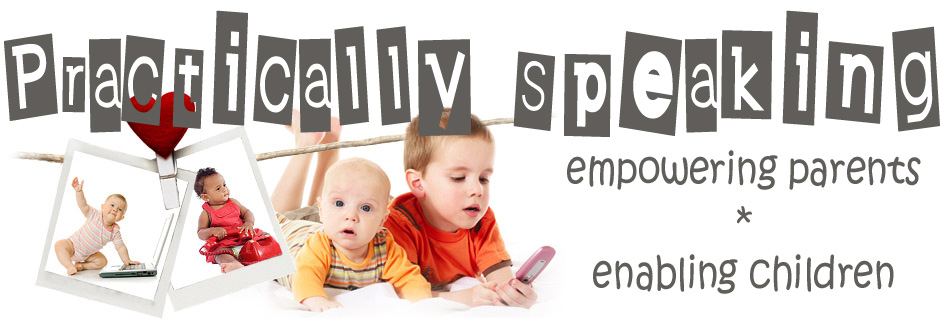Assigning age-appropriate chores that
impart important lessons, is important. Not only do children get to experience their world on a
sensory level as they help around the house; they also develop a better working
memory as they need to recall steps and attend to detail. They learn to deal
with proverbial curve balls and practise managing their behaviour and emotions.
In reality, in our digital age, where many children seldom spend time playing
with dirt and stones, picking up toys and helping to sort the laundry may be as
close as they come to spending time in the real world.
What if your little apprentice isn’t
keen on getting involved? Well, there is a magic word that may make a difference, and
it isn’t “please”. The word is “helper”. Researchers from the University of California in San Diego
report that 3 to 6 year olds are far more likely to get involved in chores when
the adult in charge mentioned earlier on that “some children choose to be helpers”.
For this particular study, 150 children
from a variety of backgrounds were divided into two groups. Both groups were given the opportunity to play with toys and
were presented with four opportunities where they could stop playing and help
pick up a mess, open a container, put away toys, and pick up crayons that
spilled on the floor.
This serves to demonstrate just how easy
it is to shape a child’s identity. It emphasizes how keen children are to pursue a positive
identity and how much there is to gain from choosing our words wisely.
Read more about the study: Christopher J. Bryan, Allison Master, Gregory M. Walton. “Helping” Versus “Being a Helper”: Invoking the Self to Increase Helping in Young Children. Child Development, 2014; DOI: 10.1111/cdev.12244
Written by Lizette van Huyssteen
"When we know better... we do better."








